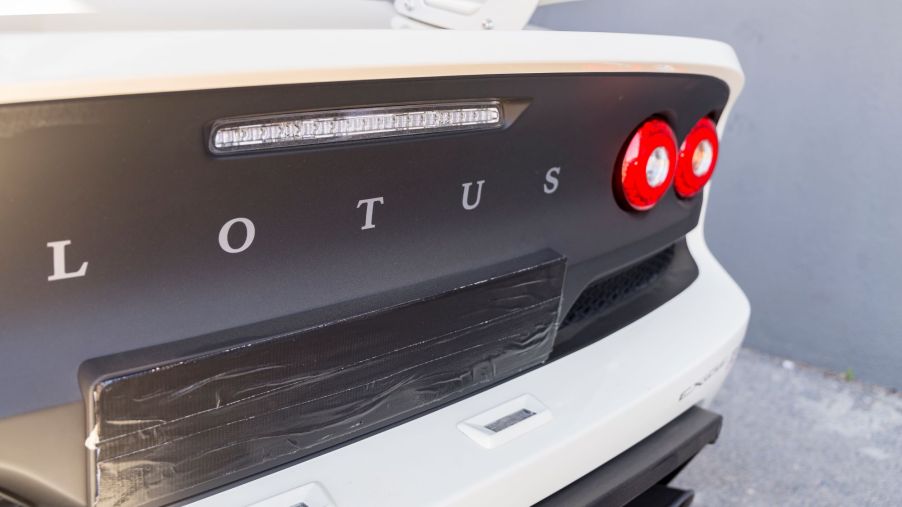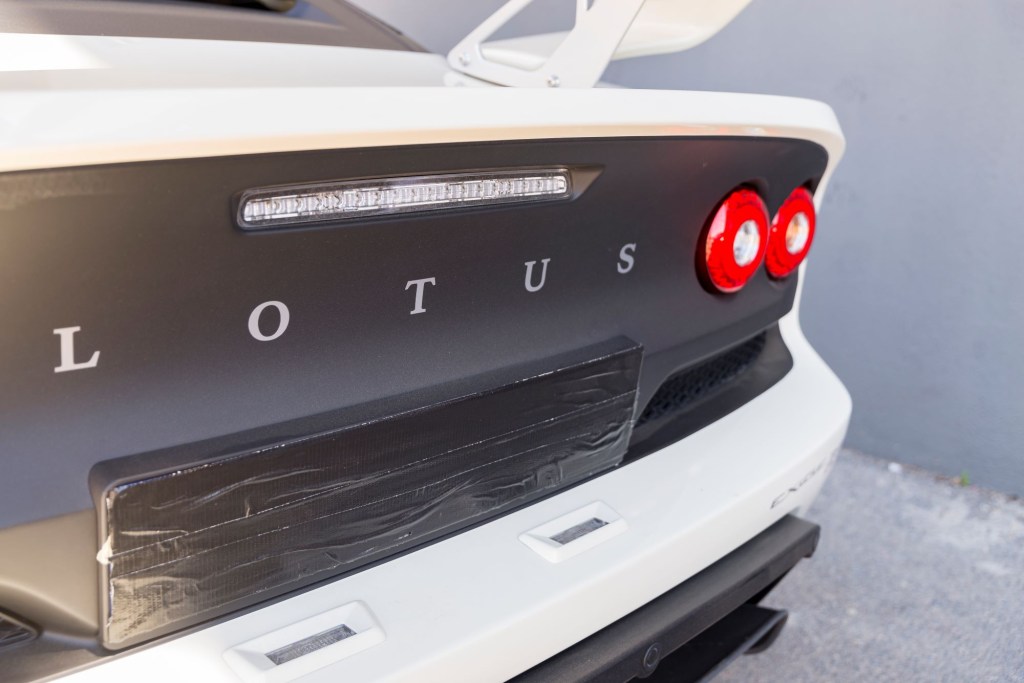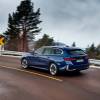
Lotus Opens HQ in China, Betting on Success Where Tesla Struggles
Lotus once built race cars capable of winning the Formula One World Championship seven times but has struggled to impact the world stage. As safety and fuel emissions regulations have gradually increased, it and other luxury automotive performance companies are going mainstream to stay alive. Nothing else screams “mainstream” like electric vehicles (EVs) and SUVs — may as well throw in a sedan and a sports car to hit all bases.

Are Tesla’s tribulations in China lessons for foreign carmakers?
Elon Musk stated years ago that he believed China would one day become a significant influence on global EV sales. He even suggested that China would outpace the United States. It’s no surprise that Tesla managed to be the first foreign EV manufacturer to build a factory in the country.
While he made it look easy, it didn’t take long for other carmakers to see how precarious it is to operate in a country like China. From 25% tariffs to the rocky relationship between the United States and the Communist Party of China, it’s no wonder Tesla’s rivals are sitting on the sidelines. This is even after China loosened some of its protectionist policies concerning foreign automakers to accelerate electric vehicle production in the country.
On top of steep tariffs, Tesla has met steep competition in China from the start. Unlike in the United States, where it rules over the competition, EV manufacturers like Nia are well established in China. One of Nio’s advantages over Tesla is its battery swap technology. Drivers can swap out batteries instead of recharging them.
Lotus a new global headquarters in Wuhan, China
According to a recent report published by LotusCars, “Lotus Technology has officially launched its global headquarters with a ‘breaking ground ceremony in Wuhan, China.” The report further explains that “Lotus Technology is a new division of Group Lotus, a global ‘intelligent technology’ subsidiary that augments the brand’s DNA and technology accumulated over the 73 years that Lotus has existed.”
Its role is to help the company spur innovation in intelligent manufacturing, intelligent driving, battery, energy management, electronic control systems, electric motors, and more. The report claims that the construction of the new Lotus Technology headquarters will be finished in 2024. However, Lotus says its “all-new factory” for manufacturing Lotus EVs for the global market will be open before the end of 2021.
Lotus revealed a few top-level details, which suggest that Lotus Technology will be working closely with the UK-based Lotus design team. It seems as though Lotus is trying to repair its reputation while giving its rivals a run for their money.
Four new electric models from Lotus in the next five years
Autoblog reported at the end of August: “Lotus took a big leap toward the mainstream with the announcement it’s building four new EVs, and only one is a sports car. The others include a sedan and two SUVs.”
“With the Elise out of the picture and its pockets full of cash from Geely – parent company to Volvo, too – Lotus is moving forward with its ambitious expansion plans,” the article continued. Lotus announced it plans to expand its lineup of models with an SUV (Type 132) released in 2022, a four-door coupe sedan (Type 133) released in 2023, a second SUV (Type 134) debuting in 2025, and a sports car (Type 135) that will supposedly be released in 2026.
Automotive News Europe pointed at the main driver behind Lotus’s latest move: it seeks to match how Porsche significantly boosted its profits by adding SUVs to its sports-car lineup. Not only that, but Lotus seems to be aiming at Tesla and its failure to win over the Chinese EV market.
Jalopnik, a news and opinion website about the auto industry, reported that the two SUVs and one sedan would be built at Lotus Technology’s new facility based in Wuhan, China. The electric sports car, scheduled for 2026, will be made in Hethel, a small village in Norfolk, England.
But many critics have their doubts, and for good reason. “This isn’t the first time Lotus has made wild claims about its future, but this time it might actually have the funds to pull it off,” the Autoblog author wrote.
The article author of the Jalopnik post expressed that “With four new electric models on the horizon we can only hope Lotus actually follows through.” The author refers to Dany Bahar pulled six covers off of six different Lotus concept cars 11 years ago at the Paris Auto Show, none of which came to fruition.
“Not a single one of them ever came to pass, and Lotus soldiered on like Paris 2010 never happened once Dany, um, left the company,” the author continued.


